Why Independence is Important
 In the wild, parrots are constantly confronted by the need to make choices critical to their survival. Parrots in captivity also must be provided with the opportunity to make decisions. This gives a parrot a sense of independence and control over their living circumstances which, in turn, contributes to their overall sense of well-being and ability to live a happy, healthy life.
In the wild, parrots are constantly confronted by the need to make choices critical to their survival. Parrots in captivity also must be provided with the opportunity to make decisions. This gives a parrot a sense of independence and control over their living circumstances which, in turn, contributes to their overall sense of well-being and ability to live a happy, healthy life.
First of all, let's define what independence doesn't mean.....
Independence does not mean giving your bird free reign over your house!
It is always important to provide oversight of your bird's activities whenever they are when playing outside the cage to ensure their safety.
So, what does it mean ? A bird with a sense of independence does have the:
- ability to entertain oneself
- freedom to make choices regarding eating, playing, bathing and sleeping
- ability to self-reward by choosing activities that are pleasurable and fun
- ability to channel their energy appropriately
How do you help your parrot develop of sense of independence?
A parrot develops most of it's sense of independence when it is very young. It is very important to avoid giving excessive attention to a bird when it is a baby (i.e., always cuddling it). This kind of attention does not meet a young bird's emotional needs and will interfere with the development of independent behaviors. What this kind of attention will do is create a very needy bird that is over-dependent on it's owner and prone to incessant screaming for attention.
From a very young age, a bird should be provided with safe opportunities for play, exploration, privacy and decision making within it's cage. It mostly comes down to providing your bird with plenty of opportunities to make choices. Variety is the key!
- Providing a wide variety of toys that incorporate a range of colors, textures and functions will expand their learning opportunities, increase curiosity and promote exploration of their environment, develop confidence and reduce fear of new objects.
- Exposing your bird to a varied and healthy diet at a young age will allow them to make food choices and will foster long term flexibility in their eating habits.
- Providing a variety of perches and hideaways will give your bird the opportunity to make choices as to where to hang out and sleep within it's cage.
Your bird's natural inquisitive behaviors will be stimulated when he is confronted with mental challenges and plenty of opportunities to make choices. Keeping your bird engaged in these activities will help to prevent the development of stereotypical behaviors.
Parrots also need to have their choices respected when it comes to developing relationships. Rule number one, you can not force a relationship with your bird, train by earning trust and through the consistent thoughtful application of positive guidance.
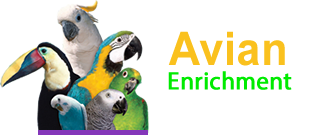


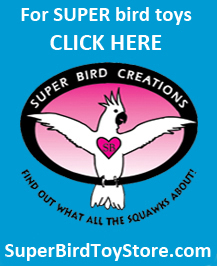
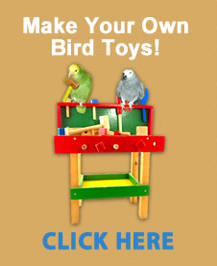
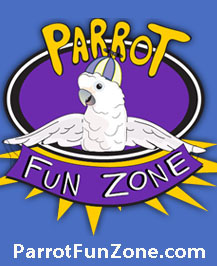
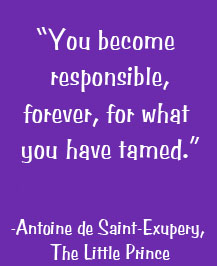
Comments powered by CComment